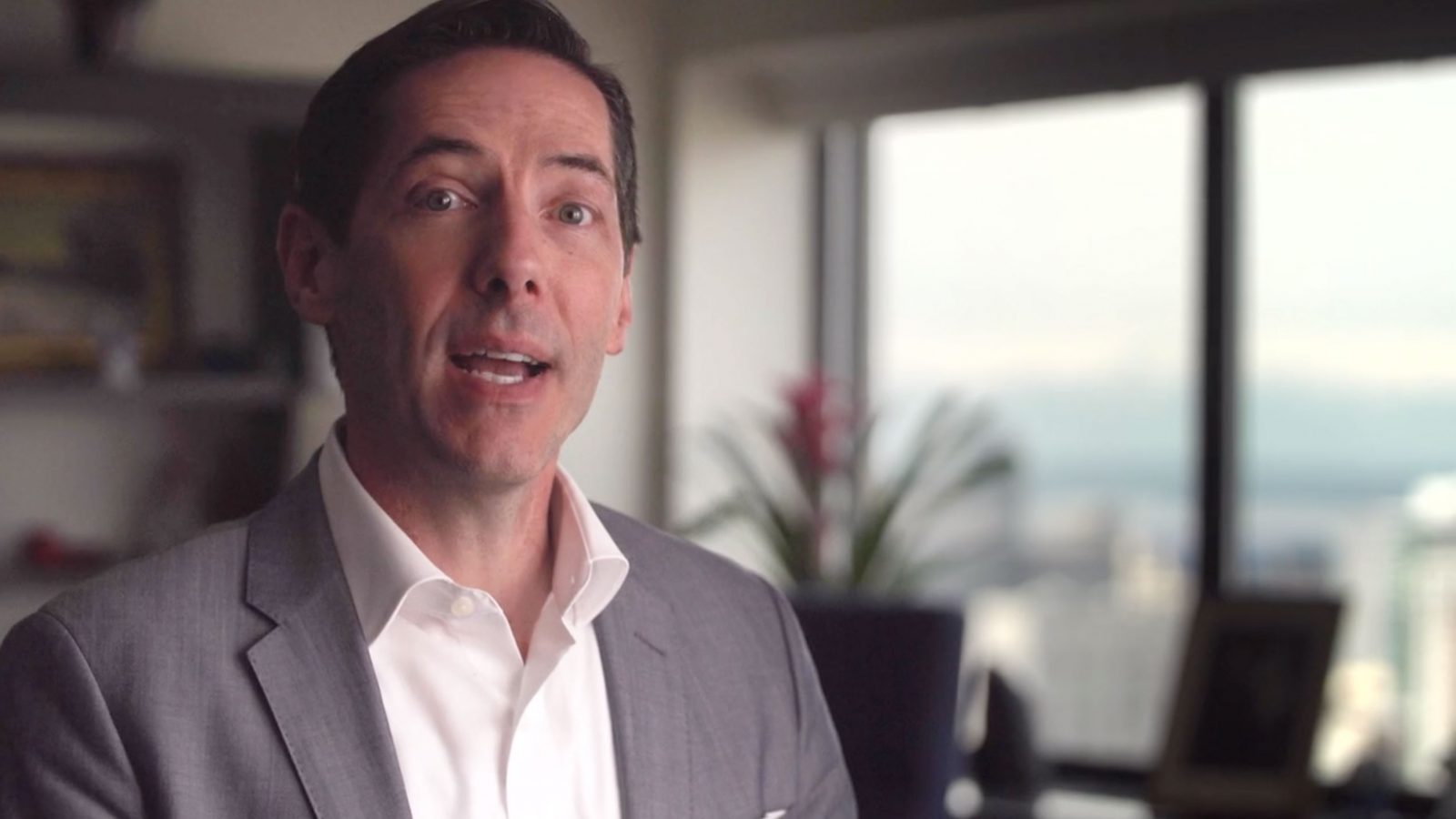
Biologist Michael Behe Tangles with Two Philosophers, Pt. 1
Today’s ID the Future features Darwin Devolves author and Lehigh University biologist Michael Behe speaking about the logic and evidence of intelligent design with two philosophers, Pat Flynn and Jim Madden. In a friendly, stimulating exchange, Flynn and Madden press Behe with objections — some philosophic, others scientific — to see how well his position stands up to scrutiny from experts who have engaged the subject. Here in Part 1 of a three-part series, Behe counters the charge that ID is an argument from ignorance, and then the three men compare the contemporary design argument to philosopher Thomas Aquinas’s fifth way. For Behe’s newest book, A Mousetrap for Darwin, go here. This discussion is presented here with permission of philosopher and podcaster Pat Flynn.








